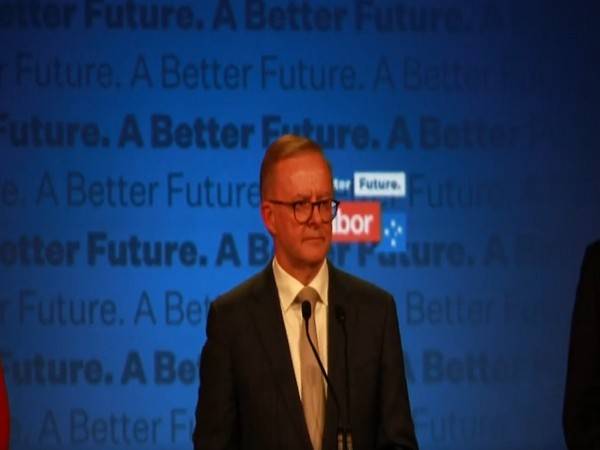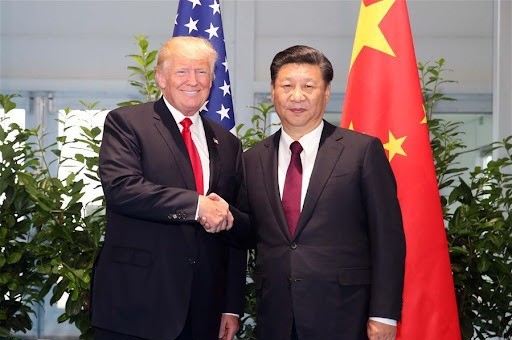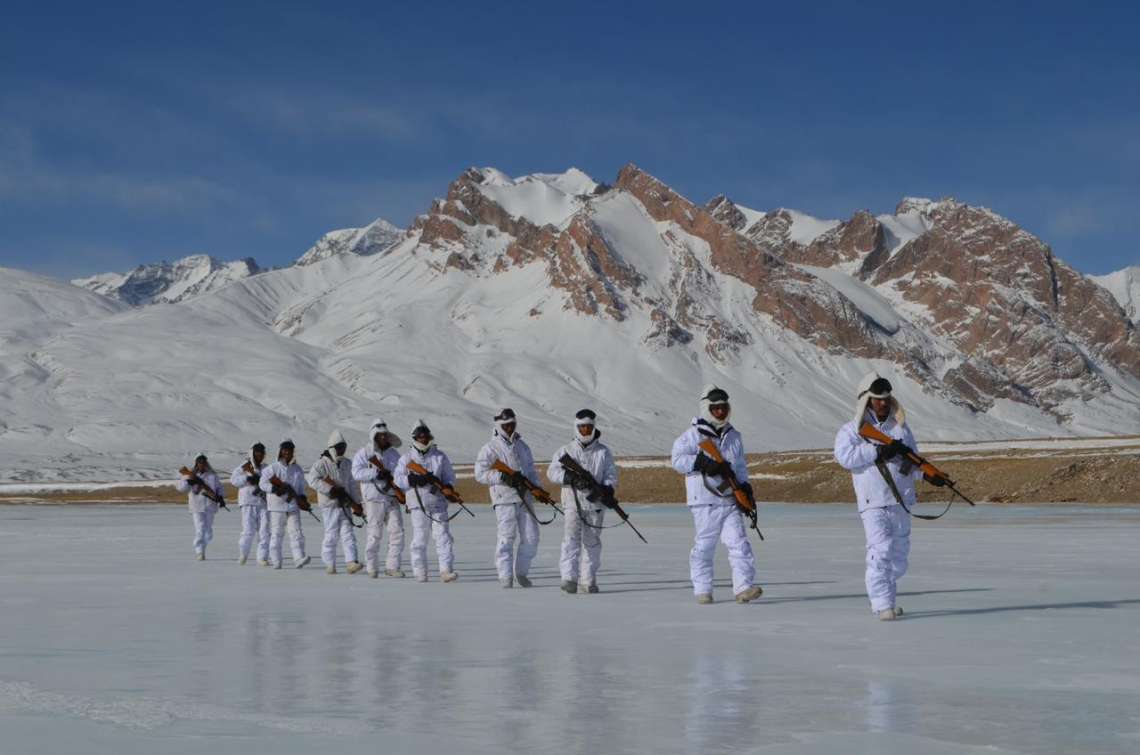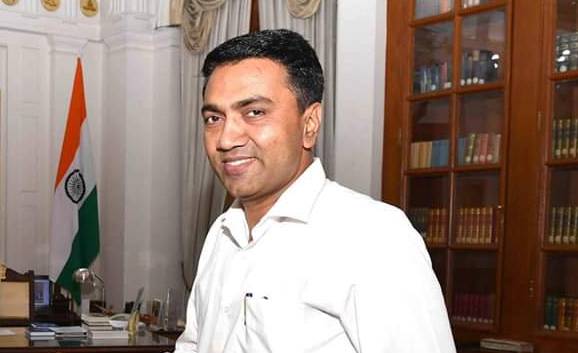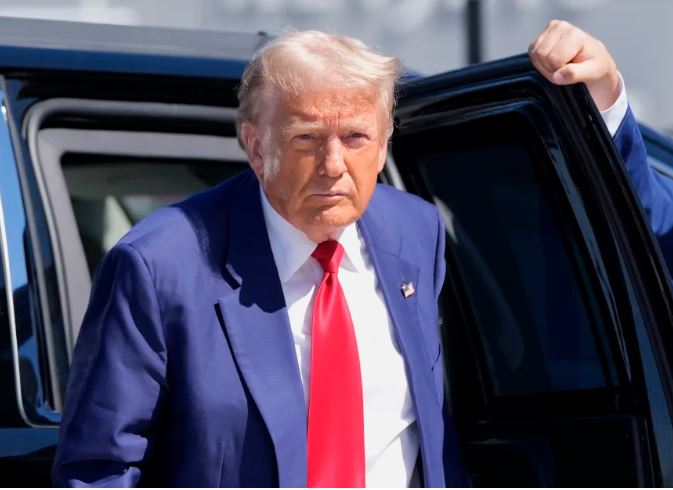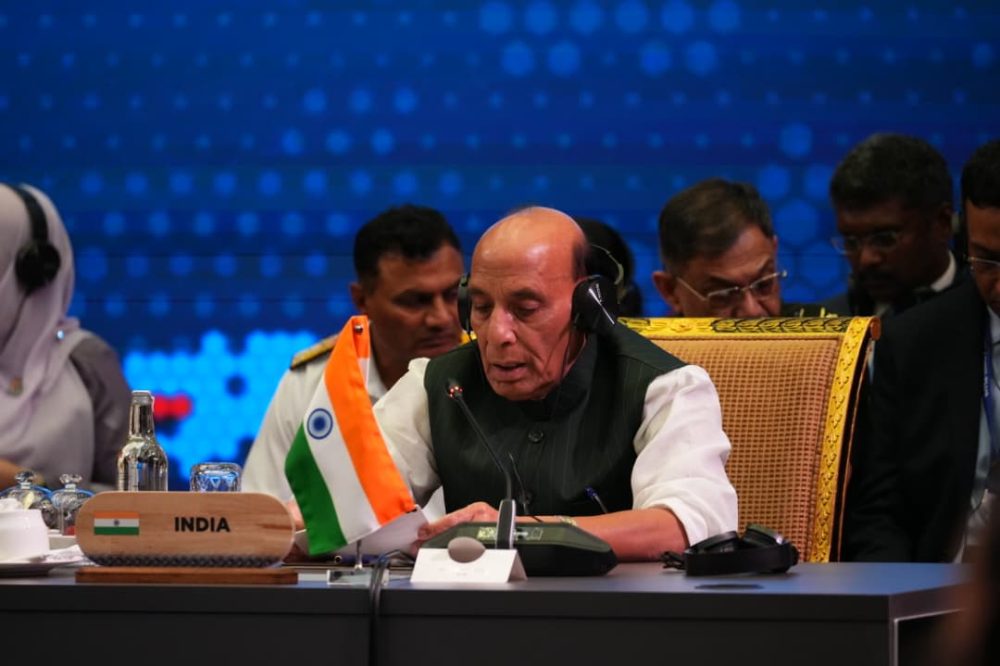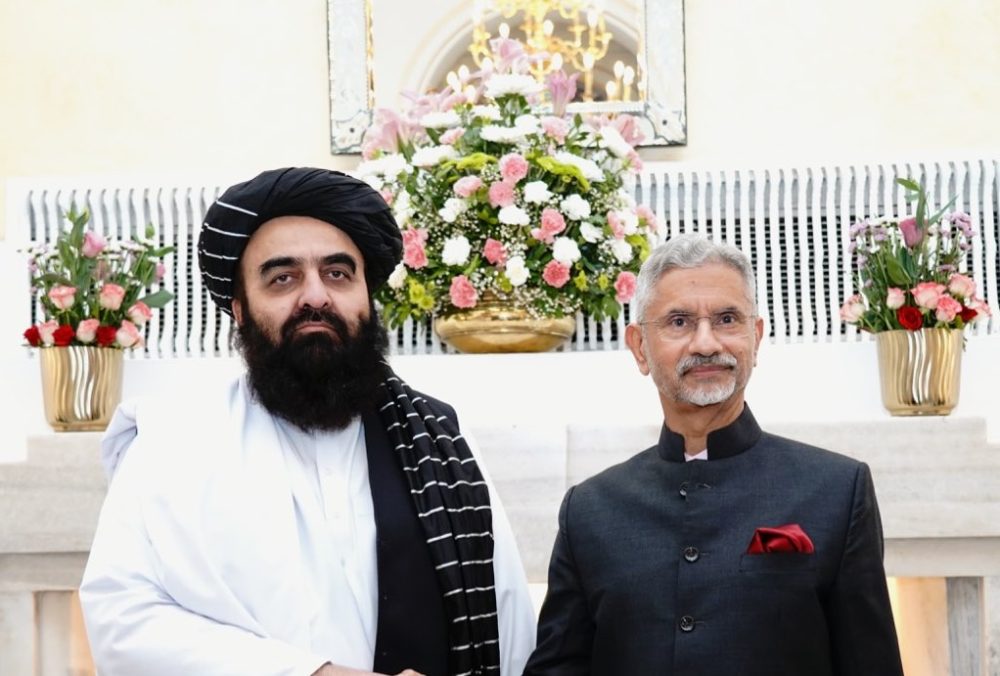Canberra has recently raised serious concerns about the Solomon Islands-China security agreement, the lack of transparency and its implications for continuing regional security and stability…writes Ateeth Sharma
Deeply worried by China’s rapidly increasing imprint, Australia said on Monday that it stands ready to work closer with India in support of an open, inclusive and resilient Indo-Pacific.
The affirmation from Anthony Albanese-led new government Down Under came as Richard Marles, Australia’s new Deputy Prime Minister and also the Minister for Defence, kicked off his four-day visit to India.
Charting a fresh trajectory of transformational growth between the two strategic partners, Marles is the first high-ranking official from Australia to land in New Delhi after Albanese was sworn in as the 31st Prime Minister of the country on May 23.
Interestingly, he arrives in the Indian capital after holding talks with Japanese Minister for Defence Kishi Nobuo in Tokyo – another partner in the four-nation Quad grouping – over the weekend.
Canberra has recently raised serious concerns about the Solomon Islands-China security agreement, the lack of transparency and its implications for continuing regional security and stability.
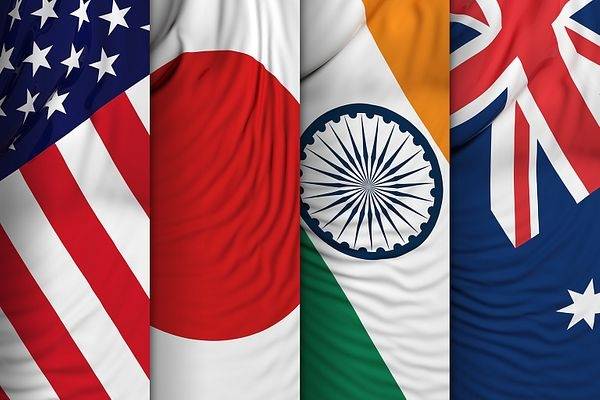
Japan too has conveyed its concerns with regards to the situation concerning the Solomon Islands, saying that it could have a “major impact” on the security environment in the Pacific region.
Only three weeks ago, during the Quad Leaders’ Summit, the Prime Ministers of India, Japan, Australia and the US President had expressed their support for a free and open Indo-Pacific that is inclusive and resilient.
“Our Quad partnership is needed now more than ever to meet the challenges and threats of a less certain world, to shape that world for the better, and build a stronger, more cooperative Indo-Pacific region that respects sovereignty,” Albanese had said in Tokyo, barely a day after taking over as the Australian PM.
Keeping the fast-changing geopolitical reality in mind, the new Australian government has quickly swung into action, strengthening the strategic partnership with like-minded partners.
Marles on Monday called India as one of Australia’s “closest security partners”, making it clear that the new government back home is focused on “revitalising” Australia’s historically deep engagement with allies across the Indo-Pacific.
“Australia and India are Comprehensive Strategic Partners. I am committed to strengthening Australia’s defence and security cooperation with India,” said the Australian Defence Minister.
Looking forward to his first bilateral meeting with the Indian Defence Minister to enhance the defence pillar of the Comprehensive Strategic Partnership, Marles said that Rajnath Singh has been instrumental in advancing India-Australia defence ties.
“The rules-based international order that has brought peace and prosperity to the Indo-Pacific for decades is experiencing pressure, as we face shifts in the geostrategic order… Australia stands ready to work closer with India in support of an open, inclusive and resilient Indo-Pacific,” he asserted.
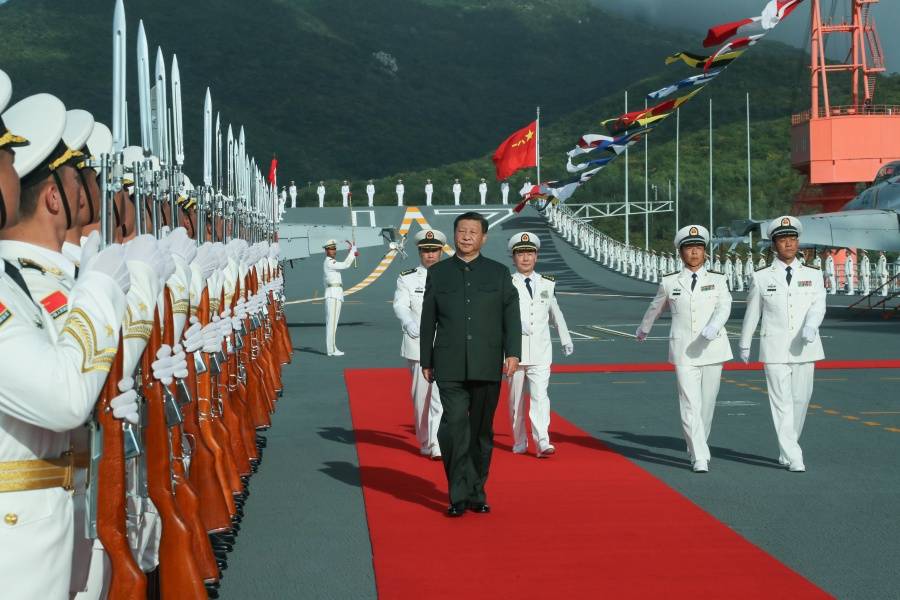
During the visit, Marles will also meet External Affairs Minister S Jaishankar and engage national security and defence policymakers and personnel.
Indo-Pacific Endeavour 2022, the annual Australian Defence Force (ADF) activity aiming at strengthening Australia’s engagement and partnerships with regional security forces, also returns to India later this year.
India and Australia are already conducting joint activities in the Indian Ocean Region to build operational maritime domain awareness, practice anti-submarine warfare manoeuvres and bolster military interoperability.
Earlier this month, a Royal Australian Air Force P-8A Poseidon aircraft was deployed to India under a combined India-Australia maritime surveillance initiative.
This builds upon the successful deployment of an Indian P-8I aircraft to Darwin in April this year, when India and Australia undertook coordinated maritime patrols in Northern Australia for the first time.
“India is one of our closest security partners and this activity demonstrates the strength of our bilateral defence relationship, the tangible value of our Comprehensive Strategic Partnership, and our shared commitment to an open, secure and prosperous Indo Pacific,” said Air Vice Marshal Michael Kitcher, Australia’s Deputy Chief of Joint Operations.
The activities pave the way for deeper and more sophisticated operational cooperation between India and Australia.


